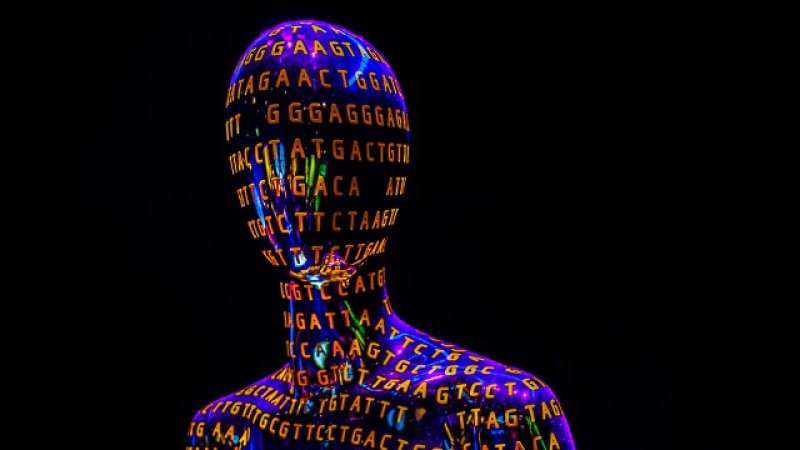Meta-analysis can be a powerful way to reveal otherwise hidden or unclear associations, when done with care. In line with recent trends in biomedical literature, PLOS ONE has seen a consistent increase in submissions reporting meta-analyses of genetic association studies over the last few years. These submissions report analyses of potential associations between candidate gene variants and specific disease risks and outcomes in human populations, based on a search of the literature to identify published reports studying the association and statistical analyses that synthesize the results of the identified studies.
However, researchers in the community, among them members of our editorial board, have raised concerns about some of these meta-analyses, including the risk of false positives due to publication bias, incomplete searches of the literature, redundancy, and an insufficient assessment of the power and quality of the included studies. As noted a decade ago, “Meta-analysis is not a replacement for adequately powered genetic association studies.”
While many meta-analyses of genetic association studies are still clinically relevant, especially those studying rare conditions where GWAS data are not available, and well-conducted meta-analyses can provide useful and valid clinical evidence, we strongly feel that meta-analyses of genetic association studies considered by PLOS ONE must have the rationale clearly explained and that authors must report their studies according to high standards.
Read the full, original story: Meta-Analyses of Genetic Association Studies – PLOS ONE’s Approach
Additional Resources:
- Most Reported Genetic Associations with General Intelligence Are Probably False Positives, Discover































